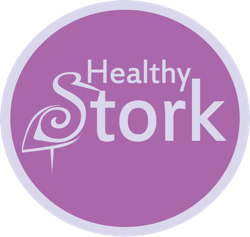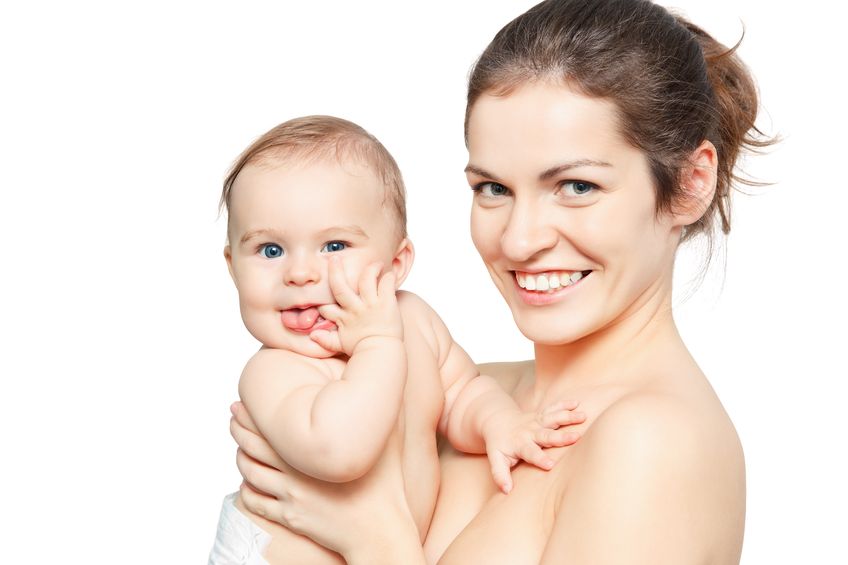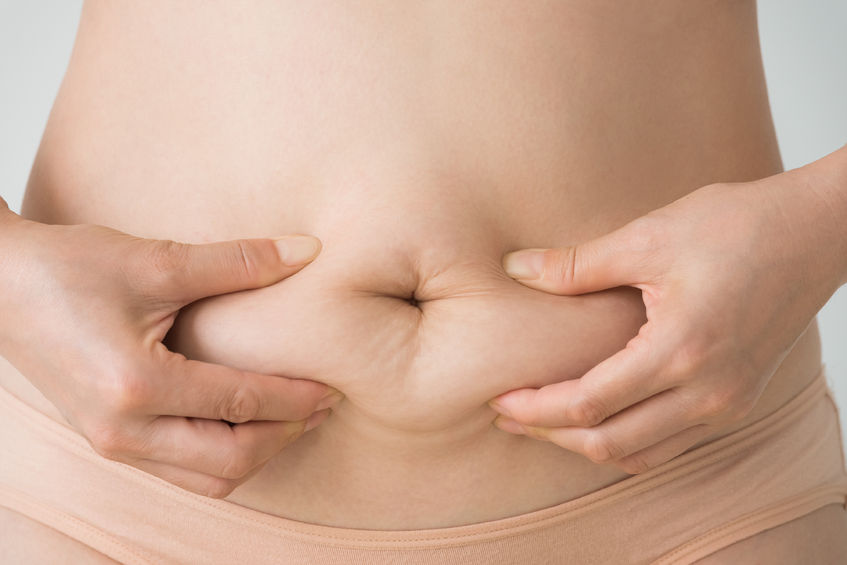Variety
The essence of a healthy diet for a nursing mother is finding balance and having variety. When you eat a good mix of protein, healthy fat and carbohydrates at every meal, you not only feel full for longer, but you also gain all the nutrients that your body requires. Eating complex carbohydrates like cereals and whole grains alongside vegetables and fresh fruit as breastfeeding foods provides long lasting energy and more nutritional value than processed starch and sugars. So, go ahead and mix it up by eating something today that is different from what you ate yesterday.
Flavors
The majority of nursing moms find that they can eat a wide selection of foods while breastfeeding, even spicy meals without any apparent ill effects on their babies. Some experts believe that babies like variety in the flavor of their breast milk. However, some moms report that eating particular foods including cabbage, dairy products, citrus, garlic, broccoli, Brussels sprouts, chocolate, or broccoli, makes their babies irritable or gassy after breastfeeding. If your baby is always uncomfortable after you eat one of these, avoid it and watch whether it makes the baby happier.
Fish
When nursing, it is important to obtain protein from as many different breastfeeding foods as you can, including fish. There are varieties of fish, in particular, cold water fish, which are a major source of EPA and DHA. They are omega-3 fats that help your baby’s brain and eye development in the first year of its life. These omega-3 fats are absorbed into your breast milk when you eat fish. Besides helping your baby’s growth and development, DHA is good for you too. You may eat up to a maximum of 12 ounces of seafood and fish each week, including canned light tuna, tilapia, trout, salmon, crab, and shrimp.
Healthy Fats
When breastfeeding, stick only to the healthy monounsaturated and polyunsaturated fats. They can be obtained from olive and canola oils, as well as fatty fish such as salmon. Other sources of healthy fats that you should include in your diet are seeds, avocados, nuts, and olives. Limit your intake of saturated fats and trans-fats by avoiding whole milk, high-fat meats, lard, and butter. These unhealthy types of fat can affect your baby’s health by altering the fat composition of breast milk.
Remember that small amounts of your food get to your baby through breast milk, so it is important to eat a healthy diet. Also, if your diet lacks essential nutrients, which may be missing from your diet, you will force your body to draw upon its reserves. That may leave you feeling tired and weak since you will not have the stamina necessary to care for a new baby.






